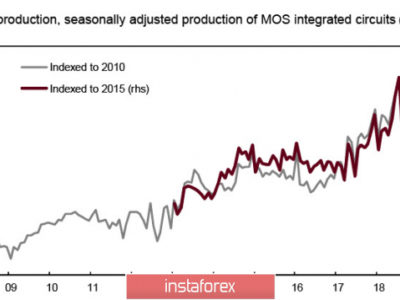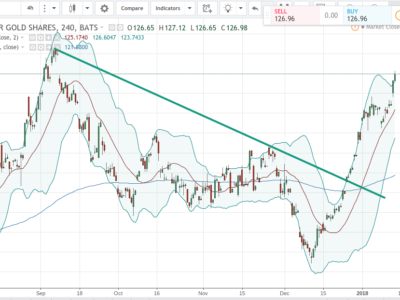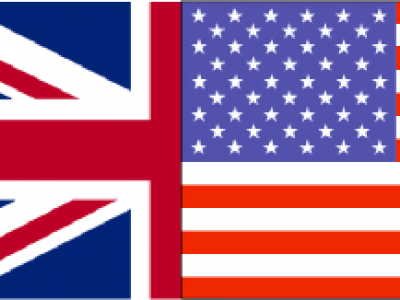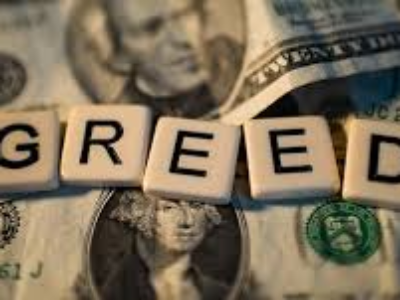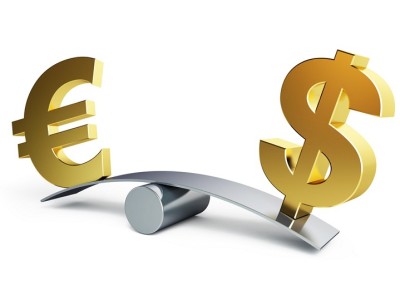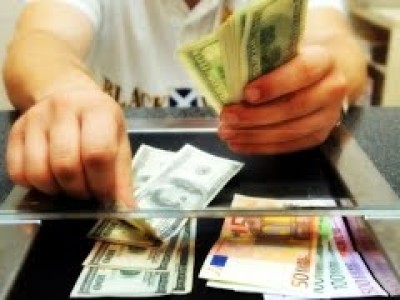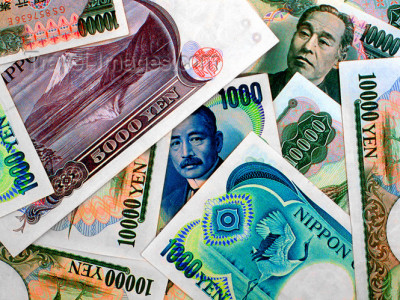How Football Affects the Financial Markets
With Euro 2016 just around the corner, traders are planning to spend a little less time trading this summer. If this is your first major football tournament as a trader, you’re in for quite the treat.
The impact of the game of footy on the markets has been well studied. In this article, we will break down what you can expect to see this summer as 24 countries from across Europe square off in France between June 10 and July 10.
ECB Chimes In
To get a sense of just how vital football is to the fabric of European society, none other than the European Central Bank (ECB) has conducted research on the impact of major sporting tournaments on the financial markets. ECB researchers focused specifically on the World Cup. Their hypothesis was that the tournament distracts traders, which could lead to some unusually volatile market swings.
After crunching the data from 15 international stock markets during the 2010 World Cup in South Africa, the researchers found that trading volumes during game time plunged 45% and rose to as high as 55% when a national team was on the pitch. The researchers also found that goals reduced trading volumes by a further 5%.[1] Distracted indeed are market participants during major football tournaments.
Based on these and other findings, below are some common themes that we can expect to unfold during the Euro 2016 games this summer (or any other major football tournament that is global in scale).
Trade volumes will plummet when your country’s team is playing.
The ECB researchers clearly showed that trading volumes dropped significantly if traders’ own country was playing. In Chile, for example, trading plunged a staggering 99.5% during national team matches. By comparison, volumes fell 79% when teams other than Chile played.[2]
While Chile is perhaps an extreme example, this trend can be observed in most markets.
Winners rejoice: Top team’s market usually outperforms the rest.
ECB researchers also found one additional tidbit in their study: The market of the country that won the World Cup usually outperforms its global counterparts. When Spain won the World Cup in 2010, its stock market outperformed the global average by 5.7% in the month following the tournament. ECB researchers noted that the winning country’s stock market outperforms the global average by 3.5%, based on an in-depth analysis of decades of World Cup tournaments.[3]
Greater chance of volatility.
Suffice it to say, distracted traders don’t necessarily make the best market participants. As such, traders may expect sporadic trading conditions on game day, especially if their country is playing. If we do see reduced trading volumes and knee-jerk reactions stemming from the outcome of the match then they can have potentially negative consequences on any of your open positions. Traders should prepare for volatility and especially during games with national interest.
It will be interesting to see how the euro responds to the outcome of this summer’s tournament. Other important European currencies you may consider monitoring includes the British pound, Swiss franc and Swedish krona. England, Switzerland and Sweden will all be participating at this summer’s games.
The markets of losing countries will suffer negative consequences.
A study conducted by the University of Warwick found that the individual stocks of football clubs are influenced by their team’s performance on the pitch. While this is true for both wins and losses, the impact of losses appears to be much more acute.[4] If that is the case, traders should be careful during game days, especially in the elimination rounds.
Unusual market conditions.
Declining volumes, distracted traders and market temper tantrums because your team lost may mean unusual market conditions during major football tournaments. Any attempt to master the market’s trading psychology during this distressful period will likely be in vein. After all, it was Pope John Paul II who noted that, “Amongst all unimportant subjects, football is by far the most important.”
Try to enjoy the tournament.
At the end of the day, the beautiful game is meant to be enjoyed. Euro only comes once every four years, so take this opportunity to actually enjoy it. If your team is playing, you may want to consider avoiding the markets entirely that day. What’s the point of having one eye glued to the trading screen and the other to the television? If you’ve been trading effectively over the course of weeks and months, one or two days off during the month of June isn’t that big of a deal.
Enjoy the tournament and best of luck to your team!
[1] Elaine Schwartz (June 12, 2014). “The Impact of World Cup Soccer on Stock Markets.” Econolife.
[2] Tyler Durden (July 6, 2014). ‘The Impact Of The World Cup On Stock Markets, In One Chart.” Zero Hedge.
[3] Malik Gourara (June 16, 2014). “Does the FIFA World Cup Have Any Effect on Stock Markets”? Kinglsey & Partners.
[4] Bert Scholtens and Wijtze Peenstra (2007). “Scoring on the stock exchange? The effects of football matches on stock market returns: an event study.” Applied Economics.
The post How Football Affects the Financial Markets appeared first on Forex.Info.

